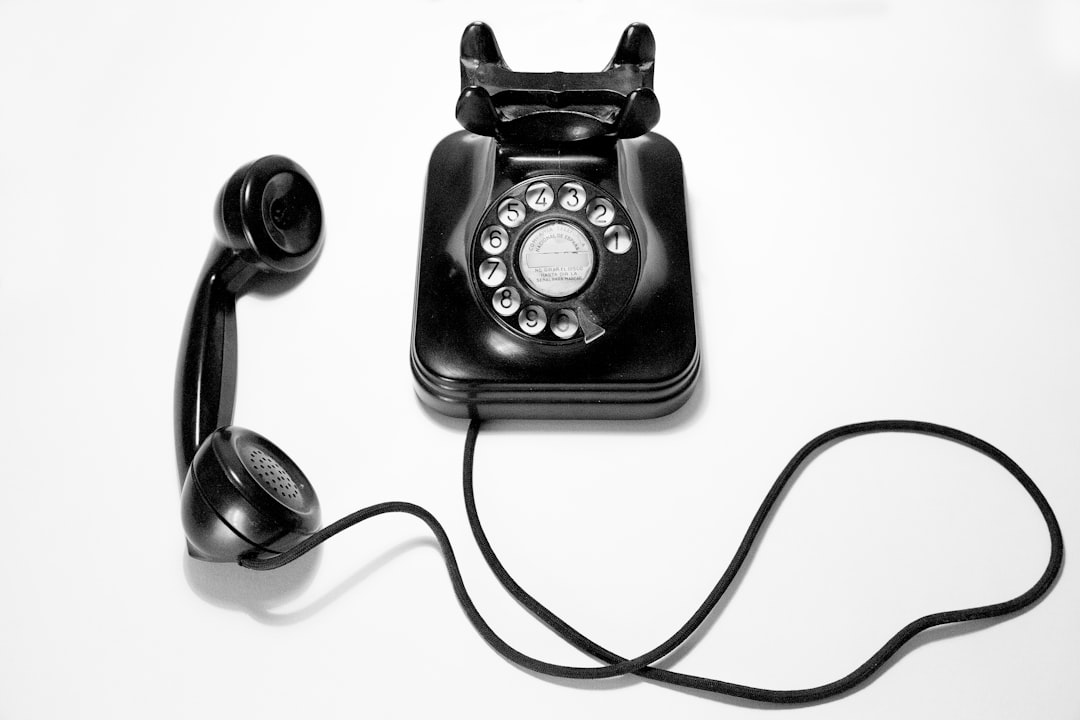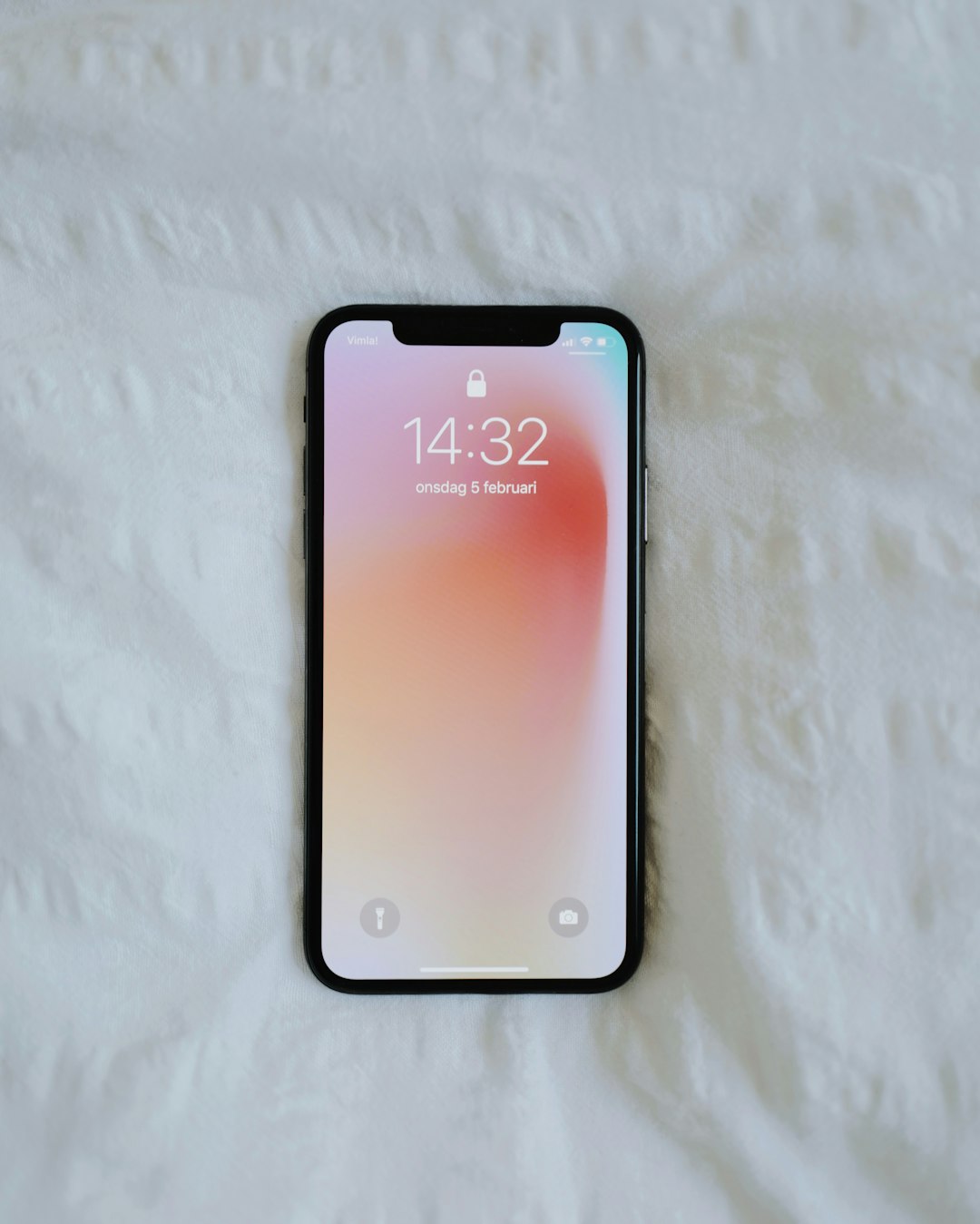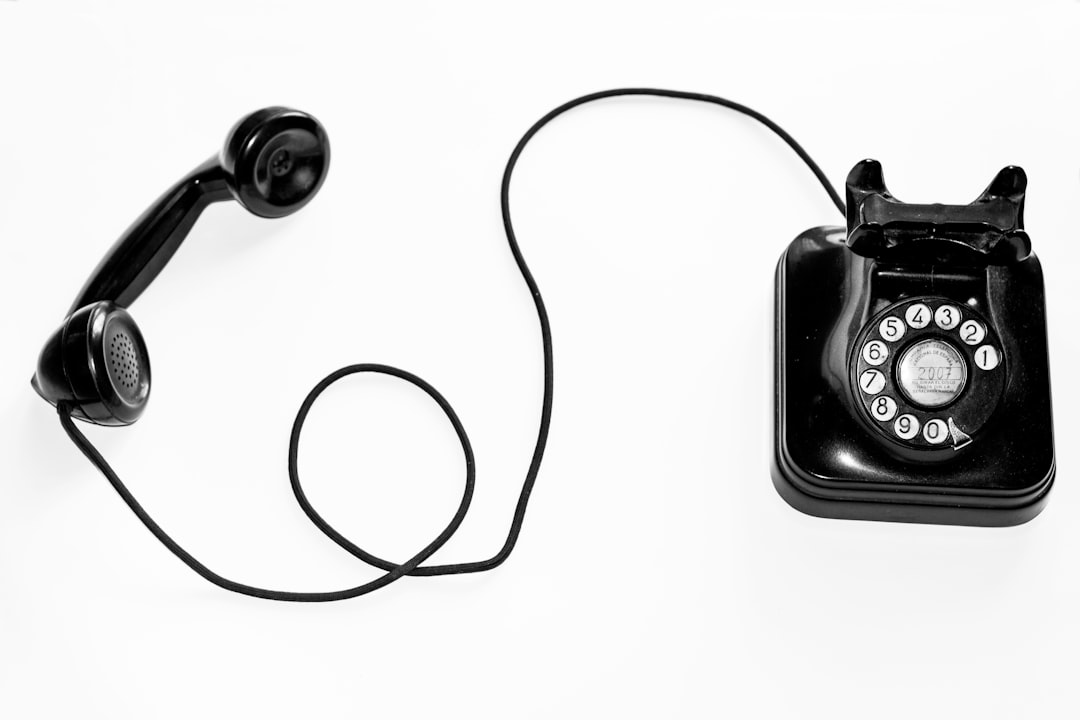In Missouri, residents can sue for damages if robocalls violate their privacy rights, as per state and federal laws. Maryland's strict anti-robocall laws offer similar protections, empowering citizens to hold call centers accountable. Advanced AI-powered filtering and new regulations enhance consumer defenses against unwanted promotional calls, with legal action available for excessive or harassing robocalls.
“The future of robocalls is a topic on everyone’s mind, especially with Maryland’s stringent legal stance against them. This article delves into the predictions and insights shaping the state’s approach to unwanted calls, particularly focusing on Missouri’s robocall laws. We explore the rising trend of these nuisance calls and the advanced tech driving call filtering systems. Furthermore, we outline expected consumer protection measures and offer guidance on whether you can sue for robocalls in Missouri.”
Maryland's Legal Stand Against Robocalls

In the ongoing battle against intrusive robocalls, Maryland has taken a strong stance to protect its residents. The state has implemented stringent laws that regulate automated telephone marketing practices, empowering consumers with legal recourse against unwanted calls. If you’ve received robocalls in Missouri, understanding these regulations is crucial. Maryland allows individuals to sue for damages if they believe their privacy rights have been violated by automated calls, including those from telemarketers or political organizations. This strict approach aims to deter excessive robocalling and give power back to citizens.
Maryland’s laws provide a clear framework for holding call centers and businesses accountable for their marketing strategies. Consumers who wish to take legal action can seek compensation for any harassment or disruption caused by robocalls. By taking these measures, the state is sending a clear message that it will not tolerate intrusive communication practices that trespass on individual privacy.
Understanding Robocall Laws in Missouri

In Missouri, robocall laws are designed to protect residents from unsolicited telephone marketing calls. While federal regulations like the Telephone Consumer Protection Act (TCPA) offer broad guidelines, state-specific laws in Missouri provide additional safeguards. If you’ve received unwanted robocalls, understanding your rights is crucial.
If a call was made without your prior consent or violated Missouri’s do-not-call list, you may have legal recourse and be able to sue for damages. The Can I Sue For Robocalls Missouri question is a common one, and consulting with a legal professional can help determine the best course of action based on specific circumstances.
The Rising Trend of Unwanted Calls

In recent years, the rise of robocalls has become an increasingly frustrating reality for many Maryland residents, much like across the nation. These automated telephone calls, often promoting products or services, are a common nuisance, with millions of Americans receiving unwanted calls daily. The ease of technology now allows scammers and marketers alike to reach vast audiences quickly and cheaply, leading to a surge in these unwanted intrusions into personal time and space.
While some states have implemented measures to combat robocalls, including restrictions on certain types of automated dialing, the sheer volume persists. In Missouri, as in many other places, individuals who feel they’ve been wrongfully targeted by robocalls may wonder: Can I sue for robocalls? The ability to take legal action depends on various factors, but with the right circumstances, victims may find recourse through consumer protection laws designed to combat these intrusive practices.
Advanced Tech for Call Filtering Systems

The future of robocalls in Maryland, and across the nation, is being shaped by advanced technological innovations in call filtering systems. These sophisticated tools are designed to identify and block unwanted or fraudulent calls, providing much-needed relief for consumers tired of receiving unsolicited phone marketing messages. With advancements in artificial intelligence (AI) and machine learning algorithms, these systems can now accurately differentiate between legitimate calls and robocalls with a high degree of precision.
One promising development is the integration of AI with consumer reporting agencies, allowing for real-time data sharing that enhances call filtering effectiveness. Furthermore, new regulations like the No Call Registry in Missouri offer consumers additional protection against unwanted robocalls. By registering their phone numbers, residents can limit marketing calls and, if necessary, pursue legal action under the Telephone Consumer Protection Act (TCPA) if they experience excessive or harassing robocalls, reinforcing that there are robust measures both technologically and legally to combat this growing issue.
Consumer Protection Measures: What to Expect

In light of the increasing prevalence of robocalls, consumer protection measures are becoming a priority in Maryland and across the nation. Consumers in Missouri, for instance, can take action if they feel they’ve been targeted by illegal robocalls. The Federal Communications Commission (FCC) has implemented rules to curb these unwanted calls, including restrictions on when and how businesses can contact consumers. If a company violates these guidelines, individuals may have legal recourse and sue for robocalls under relevant state and federal laws.
Consumers are encouraged to document suspicious calls, report them to the FCC or state attorney general’s office, and explore their rights. By staying informed about these protections, Maryland residents can better defend themselves against intrusive and potentially fraudulent robocalls, ensuring a more transparent and respectful communication environment.






